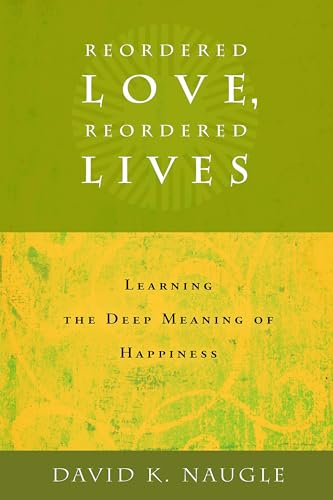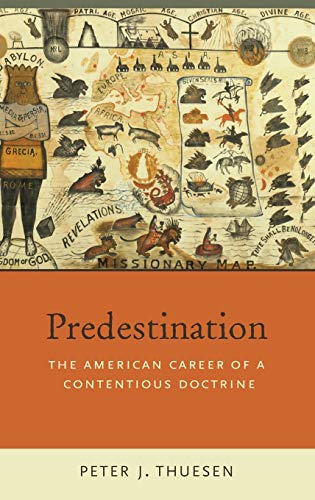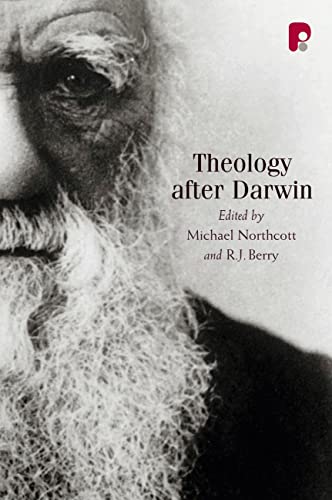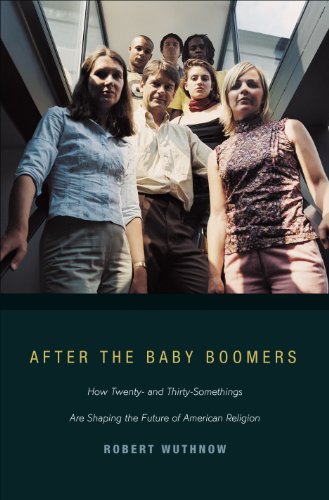Running Scared: Fear, Worry and the God of Rest
Written by Edward T. Welch Reviewed By Tim ChesterWhen I finished reading Ed Welch’s previous book, When People Are Big and God Is Small, I immediately started reading it a second time. So I approached Welch’s new book, Running Scared, with great anticipation. I was not disappointed. The focus of When People Are Big is the fear of man. Running Scared looks at fear and worry in general. Welch is a faculty member and counsellor with the Christian Counselling and Education Foundation (CCEF). Running Scared combines a model of how to apply theology to life with a light and engaging writing style.
We all have fears, from general anxieties to life-dominating phobias. Some fear is healthy (making one drive safely or treat strange dogs with caution), but we do not want to be overcome by fear. Free societies may resolve the fear of oppression but increase the fear of personal failure.
Running Scared does not tightly define when fear becomes sin, though Welch does warn us to ‘worry about worry’ because worry is inward-focused, self-reliant, and can be life-dominating. Instead, Running Scared is a pastoral response, an invitation to turn from fear to trust in God.
Welch begins by encouraging us to listen to our fear. Fear says, “I am vulnerable.” In other words, fear wants to be in control. But the reality is that we are dependent, so fear is an opportunity to trust God. Fear says, “I need (and might not get).” If we want comfort, we will fear pain. If we want approval, we will fear criticism. If we want money, we will fear need. “Worry reveals our allegiances. Fear and worry are not mere emotions; they are expressions of what we hold dear” (p. 161).
The Bible’s most frequent command is “Do not be afraid.” Welch takes the provision of manna as a paradigm of God’s deliverance. But God provides on a day-by-day basis so we learn to trust him. Sometimes God delivers at the eleventh hour, encouraging us to trust him. Sometimes he allows the things we fear to happen, but then works a bigger deliverance through it. He uses adversity to replace the affections that underlie our fears with truer and better affections for God. The bridge could collapse. The spouse could be unfaithful. But God will give grace so we can accomplish his kingdom-purposes.
After providing a framework for understanding our fears, Welch explores three common specific worries: worries about money, the fear of man, and the fear of death.
The section on the fear of man reprises some of the concepts in When People Are Big. “Whatever you think you need will control you. If you need something from other people—love, acceptance, approval—they hold the key to something very valuable to you. You will live in fear that they might not deliver” (pp. 173–74). The problem is we move from desire to demand and then re-label “demand” as “need”. “Beneath our use of the word need are the things we treasure, even worship” (p. 184). When I am concerned for God’s reputation, other people’s attitudes will matter to me, but not control me. “Jesus shows us that to be truly human means that our desire to love others out-distances our desire to be loved ourselves” (p. 179).
Running Scared is more than a theory or approach. It not only tells you what you ought to do; the very act of reading will help counter your worry as the truth is presented in a variety of engaging ways. It is somewhat repetitive if read straight through (especially the final nine chapters), but then it is designed as thirty meditations to be read over a month. Each chapter ends with “a personal response” which points to application, but does so through Welch’s own struggles and questions.
When I Am Afraid is an accompanying workbook on fear with questions for personal application. It tracks the material in Running Scared, but there is enough prose summarising what is said in Running Scared for When I Am Afraid to stand alone. If you are a pastor wanting to help a non-reader struggling with fear, then I suggest you use When I Am Afraid with them while you read Running Scared. The questions in When I Am Afraid helpfully reveal our fears and how the gospel speaks specifically to those fears. They are, however, quite personal, so I suspect they would only work in a group setting in which the group is already intimate with one another.
In summary, these are two great resources that would benefit anyone as well as offer hope to those struggling with life-dominating fears.
Tim Chester
Tim Chester
Porterbrook Institute
Sheffield, England, UK
Other Articles in this Issue
Most of us, I suspect, develop fairly standard ways, one might even say repetitive ways, to appeal to the motivations of our hearers when we preach the gospel...
How to Write—and How Not to Write—A Review: An Appreciative Response to Reviews of Ancient Near Eastern Themes in Biblical Theology by Dempster and Edgar
by Jeffrey J. NiehausI want to thank Themelios for the unusual opportunity to interact with two reviewers of my book Ancient Near Eastern Themes in Biblical Theology...
Parallels, Real or Imagined? A Review Article of Jeffrey J. Niehaus, Ancient Near Eastern Themes in Biblical Theology
by William EdgarWhen I came to Westminster Theological Seminary in Philadelphia as a young student in the 1960s, two things struck me...
Why Evangelicals Should Ignore Brian McLaren: How the New Testament Requires Evangelicals to Render a Judgment on the Moral Status of Homosexuality
by Denny BurkIn 2006 on Christianity Today’s leadership blog, Pastor Brian McLaren urged evangelical leaders to find a “Pastoral Response” to their parishioners on the issue of homosexuality...
A Member of the Family or a Stranger? A Review Article of Jeffrey J. Niehaus, Ancient Near Eastern
by Stephen DempsterWe cannot overstate how important knowing the context is for understanding the significance of any communication, whether that is a simple word, sentence, paragraph, larger text, sign, photograph, or cultural cue...







